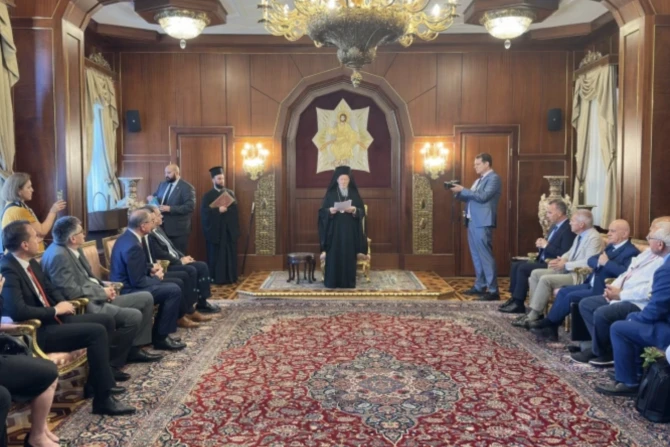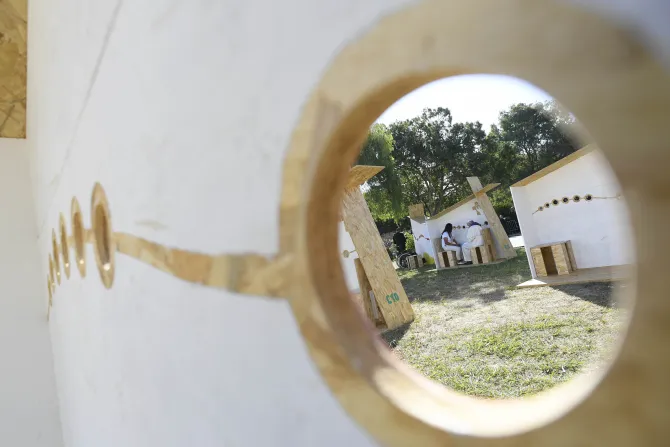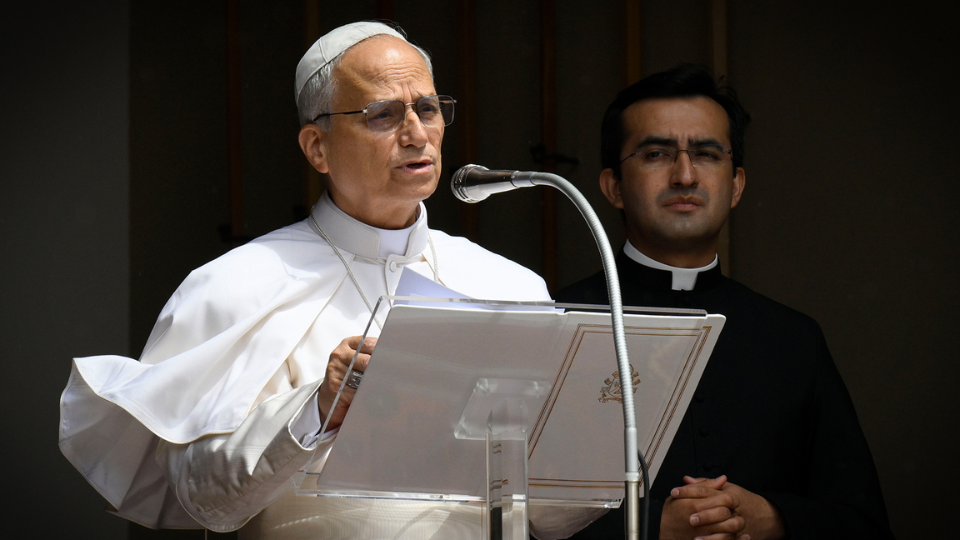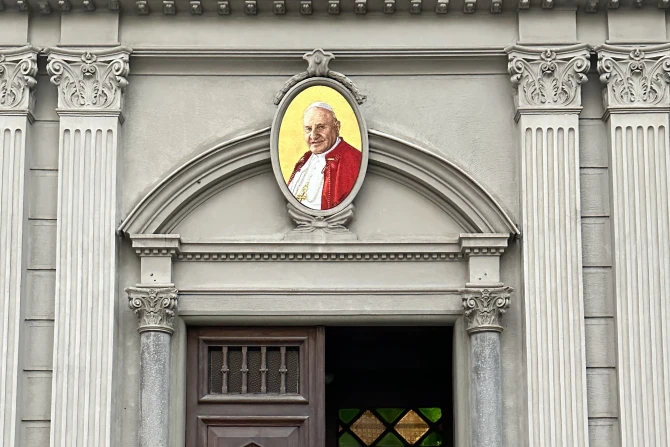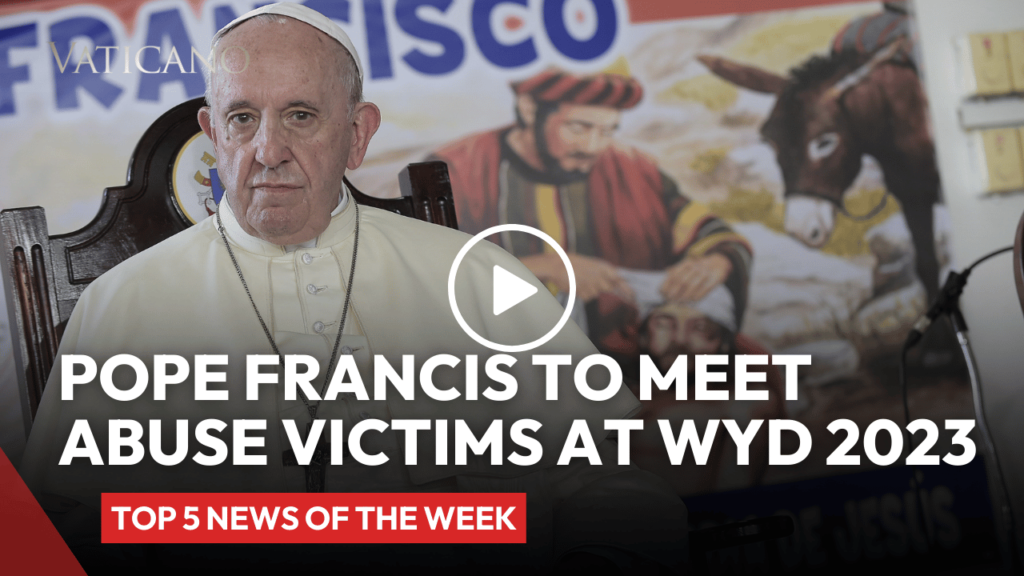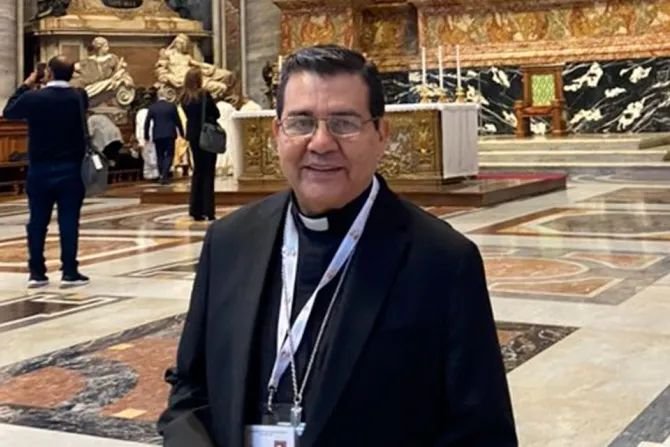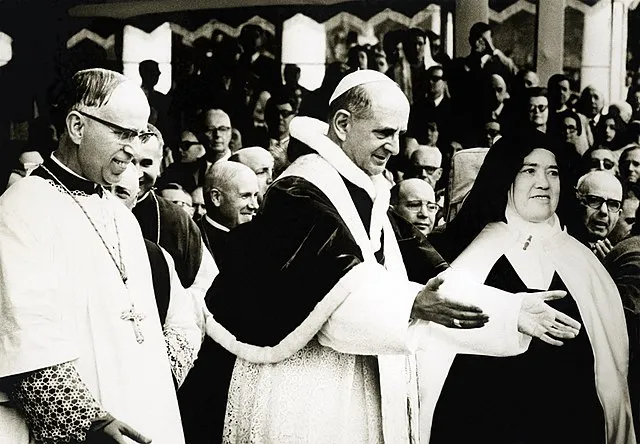The First Ecumenical Council, the meeting of Christian bishops that was held in 325 in Nicaea (today İznik, Turkey), laid the groundwork for reaching consensus within the Church through an assembly representing all of Christendom.
This event marked a key moment in the history of Christianity, 17 centuries ago this year, in which, among other decisions, the way of calculating the date of Easter was established.
However, over the centuries, changes to the calendar resulted in discrepancies between the Catholic, Protestant, and Orthodox churches, differences that still persist. While Latin-rite Catholics follow the Gregorian calendar, in the East the tradition of calculating liturgical dates according to the Julian calendar has been maintained.
The difficulties of changing the calendar
“The process of changing the calendar, which began in 1582 with Pope Gregory and was completed to a certain extent in 1923 with the adoption of the new calendar by some Orthodox churches, was not without difficulties,” Kostas Mygdalis, consultant to the Orthodox Interparliamentary Assembly (IOA), explained in an interview with ACI Prensa, CNA’s Spanish-language news partner.
“It provoked controversies among the faithful and between the churches and state authorities, consolidating polarizing divisions” that still persist, he added.
Mygdalis is also one of the key figures of the interfaith working group Pasqua (Easter) Together 2025, which seeks to promote the common celebration of Easter between Orthodox and Catholics.
Last September, Pope Francis received the members of this ecumenical initiative and expressed his desire to agree on a common date for the celebration of Easter between Catholics and Orthodox.
Interestingly, this year both Easters — Catholic and Orthodox — fall on the same date, April 20, due to the alignment of the Julian (used by the Orthodox) and Gregorian (followed by Catholics and other Christian denominations) calendars.
A step toward Christian unity
For Mygdalis, the joint celebration of Easter in 2025 should not be seen as just a calendar agreement but as an opportunity to place Christ at the center of the Christian faith.
“The time has come to make a strong appeal to the churches to unify the date of Easter,” he said.
He also emphasized that the central message must be the need for unity in the world: “The world needs unity. A common date for Easter is a step toward this unity.”
However, he noted that “the administrative structures of the churches, composed almost exclusively of clerics, seem reluctant to address this issue, perhaps for fear of creating new extremism and divisions in a world already facing multiple challenges.”
He also pointed out that “dialogue between Christian churches is moving so slowly that, for ordinary faithful, it seems a fruitless process.”
For Mygdalis, the effort to celebrate the resurrection of Christ together must be part of a “pilgrimage of reconciliation and unity” that will continue beyond 2025. He emphasized that the importance of the Resurrection is not only theological but also existential: “Without the Resurrection, all the suffering in the world is absurd.”
A mandate for unity from Nicaea
“The celebration of Easter on a common date is not only necessary but a mandate for unity established by the First Ecumenical Council of Nicaea, whose 1,700th anniversary we commemorate this year,” he emphasized.
“Through the Pasqua Together 2025 initiative, we seek to demand that the churches comply with what was established by the Council of Nicaea: to celebrate together the resurrection of Christ, the pillar of the Christian faith. It is unacceptable that this division should continue,” he pointed out.
Toward the jubilee of 2033
Beyond Easter 2025, the JC2033 initiative was also mentioned, which proposes an ecumenical journey toward the year 2033, when the 2,000th anniversary of the resurrection of Christ will be celebrated. It is suggested that the date of Easter for Orthodox and Catholics coinciding in 2025 could be a first step toward greater unity on the occasion of this historic celebration.
This story was first published by ACI Prensa, CNA’s Spanish-language news partner. It has been translated and adapted by CNA.

